If you bend down and catch a pungent whiff from your tootsies or you’re too afraid to take off your shoes in company, then it’s time to get your foot odour under control!
Sweaty, smelly and sticky! Not a very pleasant or comfortable combination but one which is recognisable for those who suffer from smelly feet. This great article from Annmarie at our partners at A Vogel UK explains the steps you can take to return your feet to fresh!
What causes smelly feet?
Smelly feet or foot odour (medically known as bromodosis) isn’t just a summer problem; it can be a year round dilemma, which can be both embarrassing and unpleasant.
Sweating is our body’s natural air conditioning system, which kicks into overdrive when we are too warm. It’s also a natural way for our body to dispose of toxins, so it has an important role to play, no matter how inconvenient it is.
There are more sweat glands in our feet than anywhere else in our body (each foot contains a whopping 250,000 sweat glands!). So during the summer months or when our feet are stuffed in tight fitting shoes or thick socks and get too warm, it’s only natural that they are going to sweat.
Sweat itself is actually odourless, but when it comes into contact with bacteria, which is naturally present on our skin, it can start to smell bad. Moisture is bacteria’s best friend and anything that locks in moisture, such as socks and shoes, provides the perfect environment for bacteria to grow and multiply, which can lead to bad smelling feet if not stopped.
What else can cause foot odour?
Smelly feet is something that can affect everyone; however there are some people who are more prone to the problem than others, including teenagers, pregnant women and menopausal women, due to hormonal changes which make them sweat more. Stress and obesity can also cause people to sweat excessively.
Certain health conditions can contribute to the problem of smelly feet such as diabetes or heart disease, due to poor circulation, or those with fungal foot infections, such as athlete’s foot.
Simple ways to prevent and get rid of smelly feet
No-one wants smelly feet, so you will be glad to hear that there are lots of simple ways you can prevent and minimise food odour, including good hygiene practices, the right footwear and easy home remedies which can help your feet stay fresh.
Good Hygiene Practices for your feet
Keeping your feet clean and dry helps to stop bacteria from multiplying and creating those whiffy feet, so maintaining good foot hygiene is essential. Good tips to follow include:
1. Wash your feet – It sounds simple and obvious but washing your feet every day can make a big difference when trying to control foot odour. Use an antibacterial or antifungal soap and don’t forget to wash between your toes – this is favourite place for bacteria to hide.
According to naturopath Alfred Vogel ‘since the feet are excretory organs and the sweat rids the body of toxins, it’s even more important to wash your feet everyday than it is to wash your face’ [1].
2. Dry them – Once washed, make sure you dry them thoroughly, and again don’t forget between the toes! You can also sprinkle talcum powder all over your feet to help absorb any left over moisture.
3. Trim your toenails and keep them clean – Under the nail bed is a great place for bacteria to grow. A regular pedicure could be more than just a pampering treat; it can be great for preventing smelly feet too!
4. Remove hard skin – Invest in a good foot file and use a foot scrubber or pumice stone while washing your feet to remove any hard skin on them. When damp, hard skin provides another great place for bacteria to thrive.
5. Use the Salt of the Earth Foot Spray – Once clean, you can help keep your feet fresh with a foot spray. Some people use antiperspirants (the ones you use for underarms!) to keep their feet dry and odour free. While this can work, it’s important to remember that perspiration is a natural process, which antiperspirants suppress.
Alfred Vogel firmly believed that the natural function of the body should never be suppressed, especially with strong substances as the result could be damaging to internal organs, he therefore recommended natural solutions.
The right footwear can prevent smelly feet
Socks and shoes are a favourite place for bacteria to fester! They can stop moisture from evaporating, which in turn creates a breeding ground for very smelly bacteria. Choosing the right footwear can make all the difference. Good tips to follow include:
1. Keep your feet dry as much as possible – Make sure your feet are dry before putting on socks or shoes and if your feet get wet, change your socks and shoes as quickly as possible.
2. The best socks for sweaty feet – Socks made of natural fibres, such as cotton or wool, as well as sports socks with ventilation panels will help absorb moisture and allow your feet to breathe. Avoid synthetic fibres as these don’t allow sweat to evaporate and don’t absorb it either, so your feet stay damp – just what bacteria loves!
3. Keep your socks fresh – Make sure you change your socks at least once a day, or more if your feet are particularly sweaty. Never wear the same socks two days in a row, even if you think you didn’t sweat much yesterday, as your socks will still have absorbed a lot of moisture and bacteria is sure to be growing rapidly.
4. Allow your feet to breathe – Wear shoes that have breathable fabrics such as leather or canvas which provide ventilation for sweat. Sandals and open-toed shoes also allow sweat to evaporate.
5. Don’t wear the same shoes everyday – Your shoes need time to air out and dry, so if you continue wearing them moisture and bacteria will keep building and the smell will only get stronger. It’s also tempting to hide them away in a dark cupboard when they are not being worn, but this is the perfect place for bacteria to continue to fester. Instead, store your shoes in a place that’s bright and well ventilated – this is why lots of people leave their shoes outside to air – just don’t do it when it’s raining!
6. Take care of your shoes – If you can, remove the insoles from your shoes to allow them to dry quicker, or replace them with odour-absorbing insoles. If your shoes are machine washable, give them a gentle spin or even wash them by hand, but remember to make sure they a fully dried before you wear them again.
7. Go barefoot – Give you feet time to rest and dry out when you are at home. Try to let your feet be free instead of stuffing them in slippers as soon as you take off your shoes.
Home remedies to freshen up smelly feet
As well as good hygiene practices and the right footwear, there are lots of home remedies which can help prevent and reduce foot odour. These include:
1. Baking soda – Just like talcum powder, sprinkling it over your feet can help dry up any moisture, making it difficult for bacteria to grow. It also helps to neutralise odour. You can even sprinkle some baking soda in socks before wearing them and in your shoes overnight to help them dry out.
You can also use baking soda in a foot soak. Add 2 tbsp of baking soda to a large bowl of warm water (warm not hot!) and soak your feet for 30 minutes.
2. Epsom Salt – Foot odour can also be neutralised by adding 2 tbsp of Epsom salt to a large bowl of warm water and soaking your feet for 15 minutes. As well as reducing any stinky smells, an Epsom salt foot soak is very soothing for aching feet, so you can take care of smells and relax at the same time.
3. Lavender Oil – Not only will lavender oil make your feet smell great and help keep them moisturised, it has antibacterial properties which can kill bacteria. You can either rub some lavender oil onto your feet directly or add a few drops to a large bowl of warm water and soak your feet in it.
4. Sanitising hand gel – Not just great for getting rid of nasty bacteria on your hand, many people have found that applying it to feet can also help prevent foot odour. Look for gels that contain moisturising properties such as aloe vera to ensure the gel doesn’t dry out your feet.
5. Newspapers – To help dry out shoes overnight, take out their insoles to dry separately, and then stuff your shoes with newspaper. The newspaper helps to absorb any moisture present in the shoe, which prevent bacteria from growing.
6. Orange peel – Don’t throw away leftover orange peels! Instead place them in your shoes and leave for 24 hours. Orange peels contain oils that are naturally antibacterial. They also have the ability to absorb smelly odours, whist leaving your shoes with a fresh citrus scent.
What else can help?
The popular herb Sage has long been used for treating excessive sweating, which is why it’s a ‘hot’ favourite for many menopausal women. If you find yourself perspiring more than usual, try taking a fresh herb Sage supplement to help control your sweating and reduce foot odour.
Do you have any good tips or home remedies for smelly feet?
[1] Vogel, A. (1991). The Nature Doctor. New Canaan, Conn.: Keats Pub.
To read more from A Vogel, please take a look at the original blog post, which can be accessed here: http://www.avogel.co.uk/blog/2015/08/21/get-rid-smelly-feet-quickly/

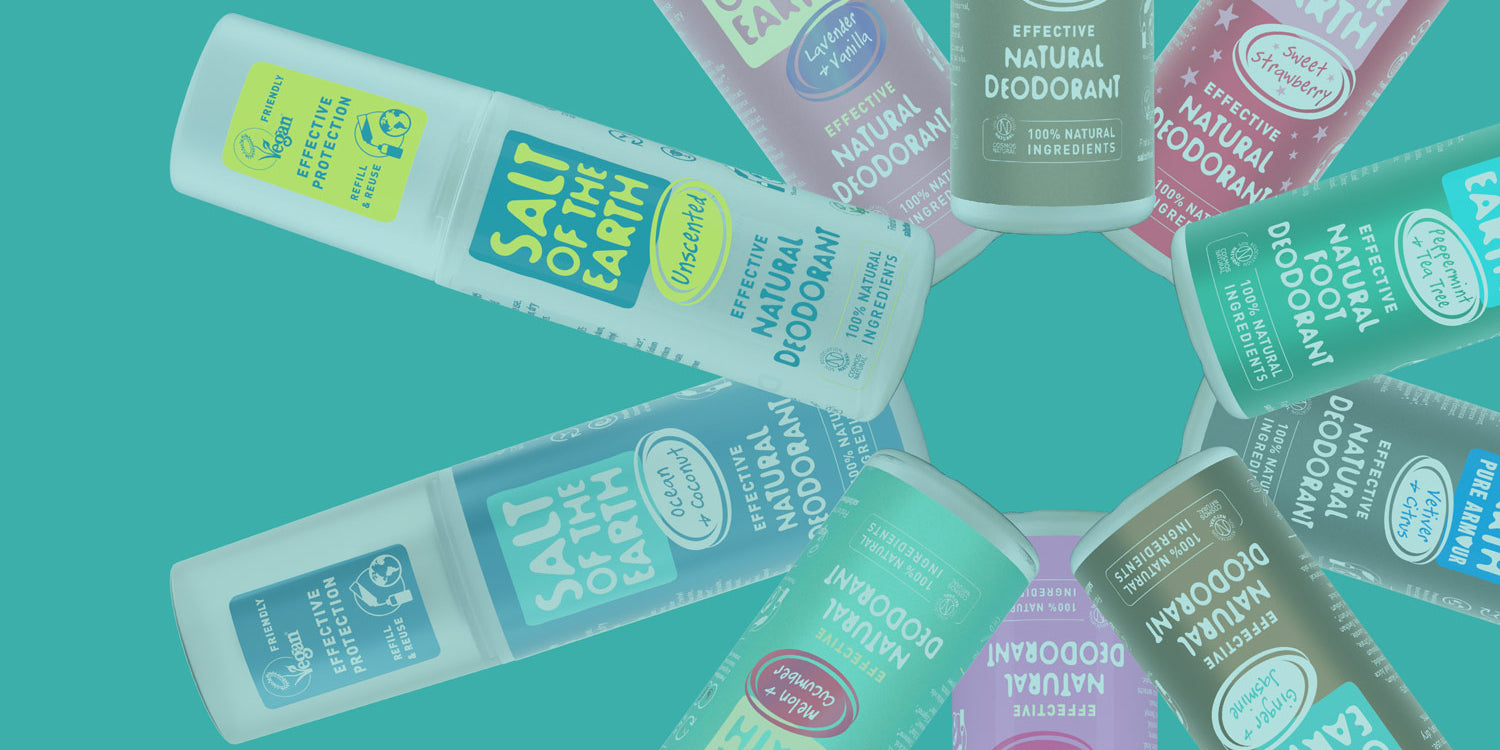
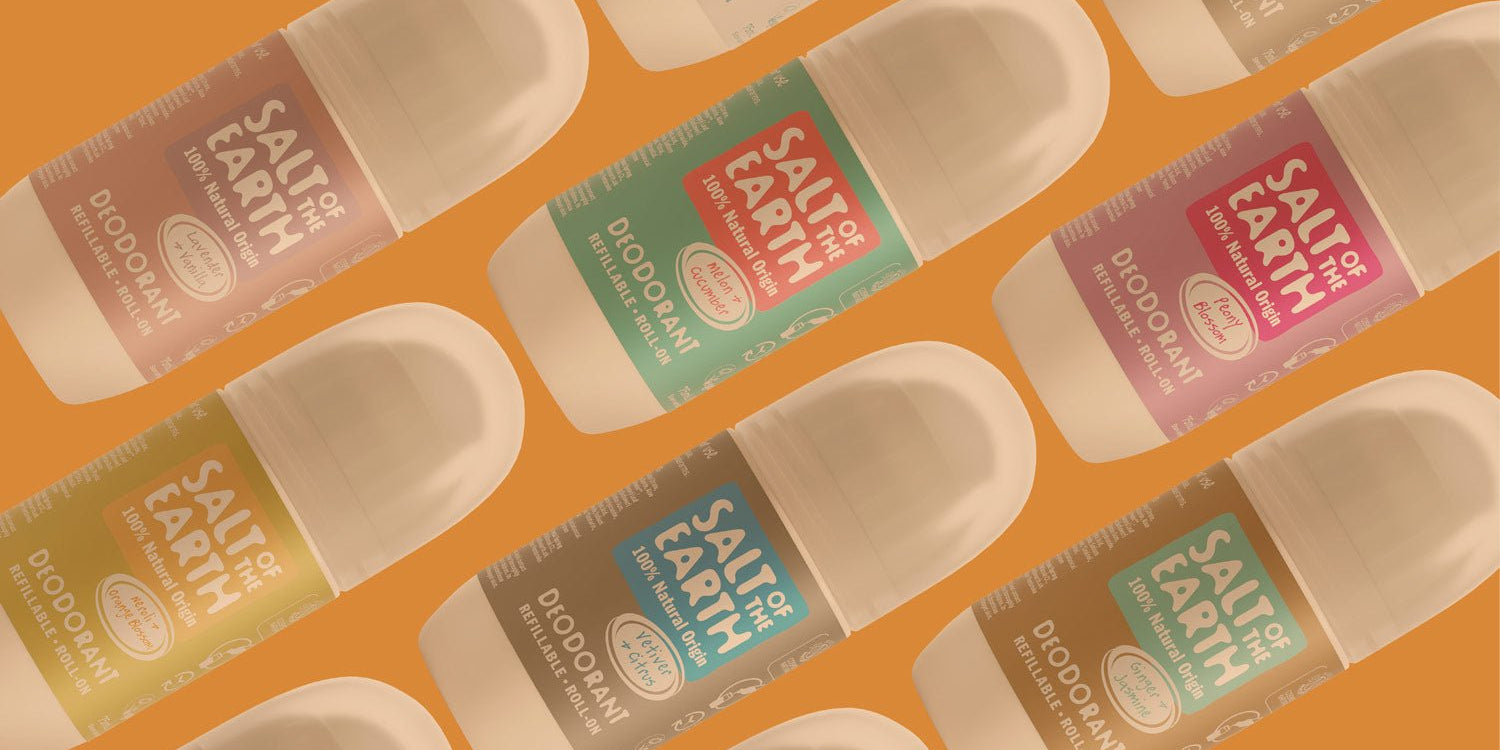
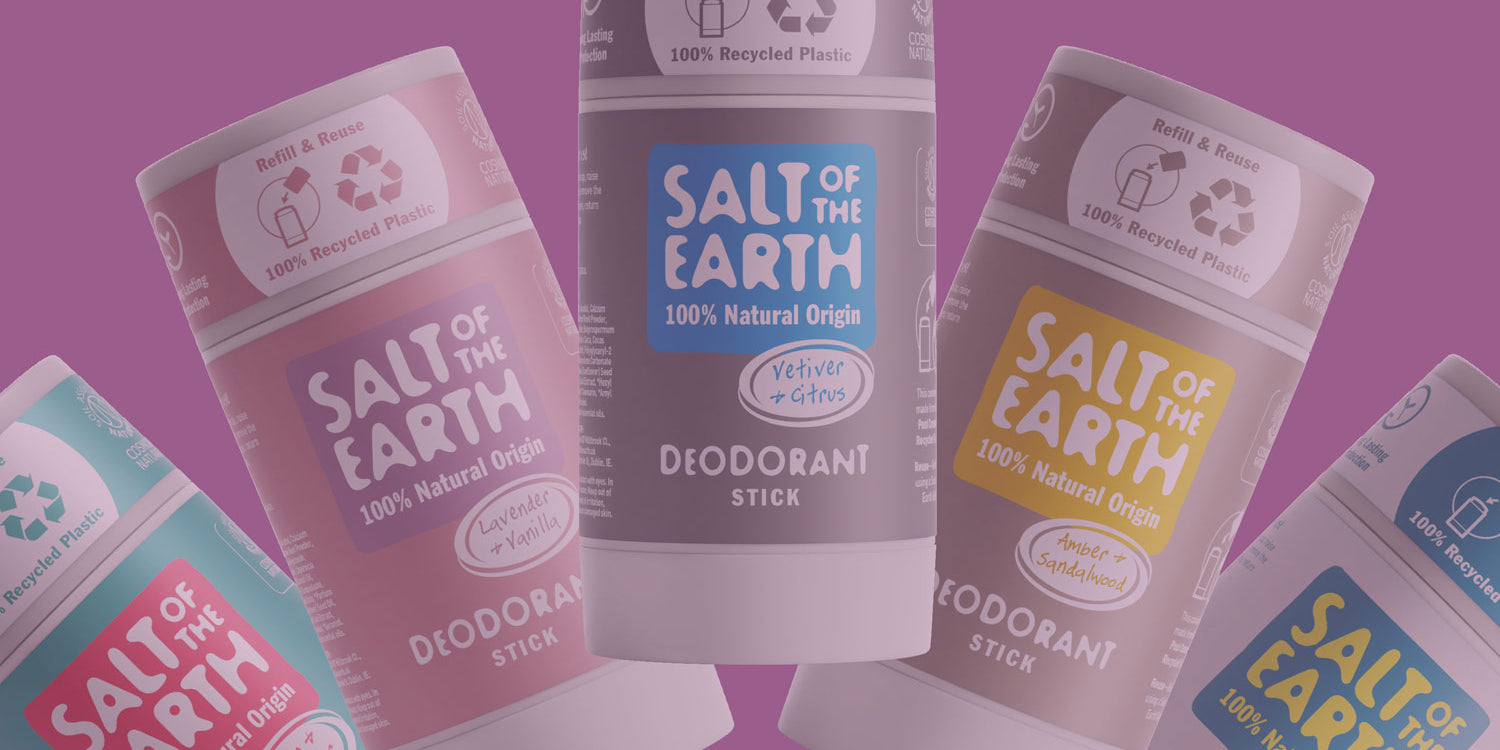
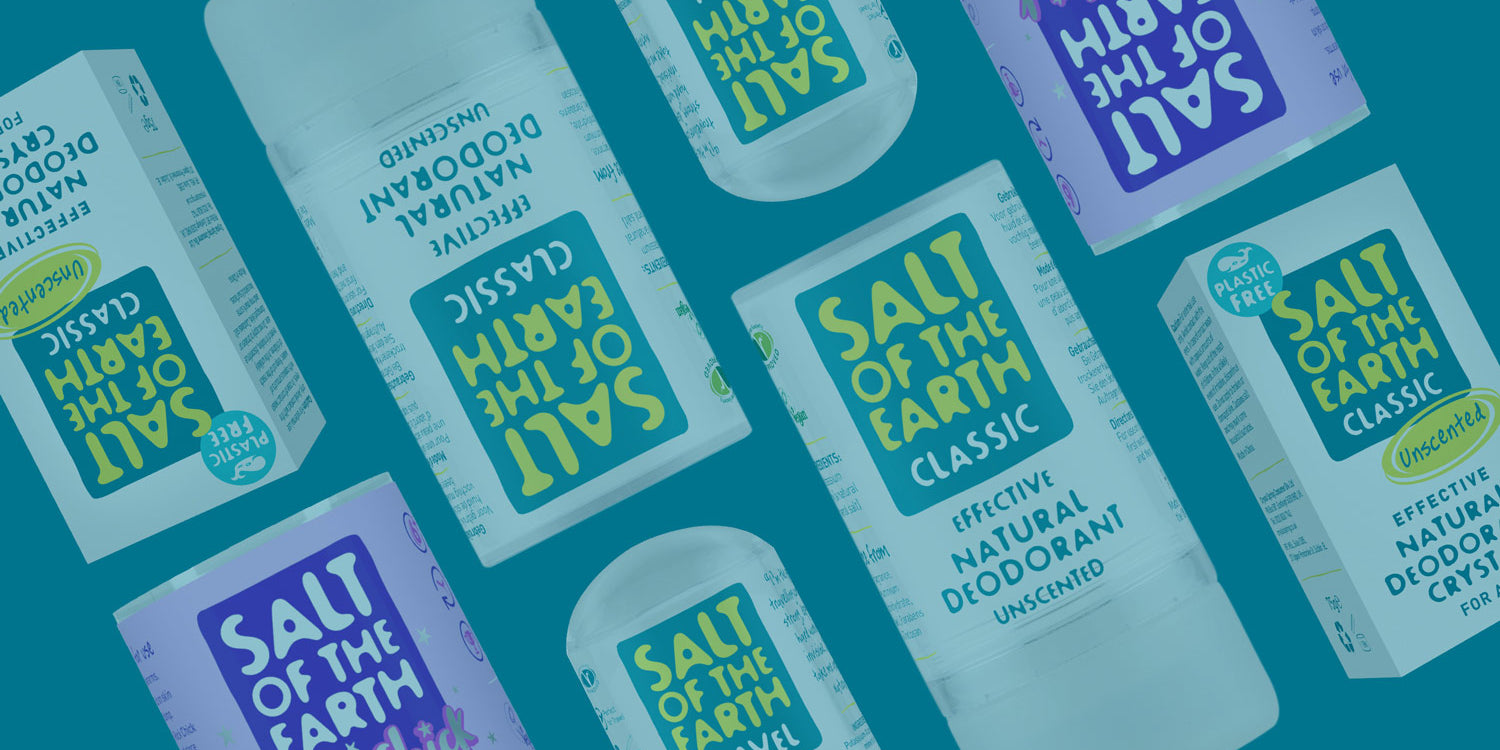
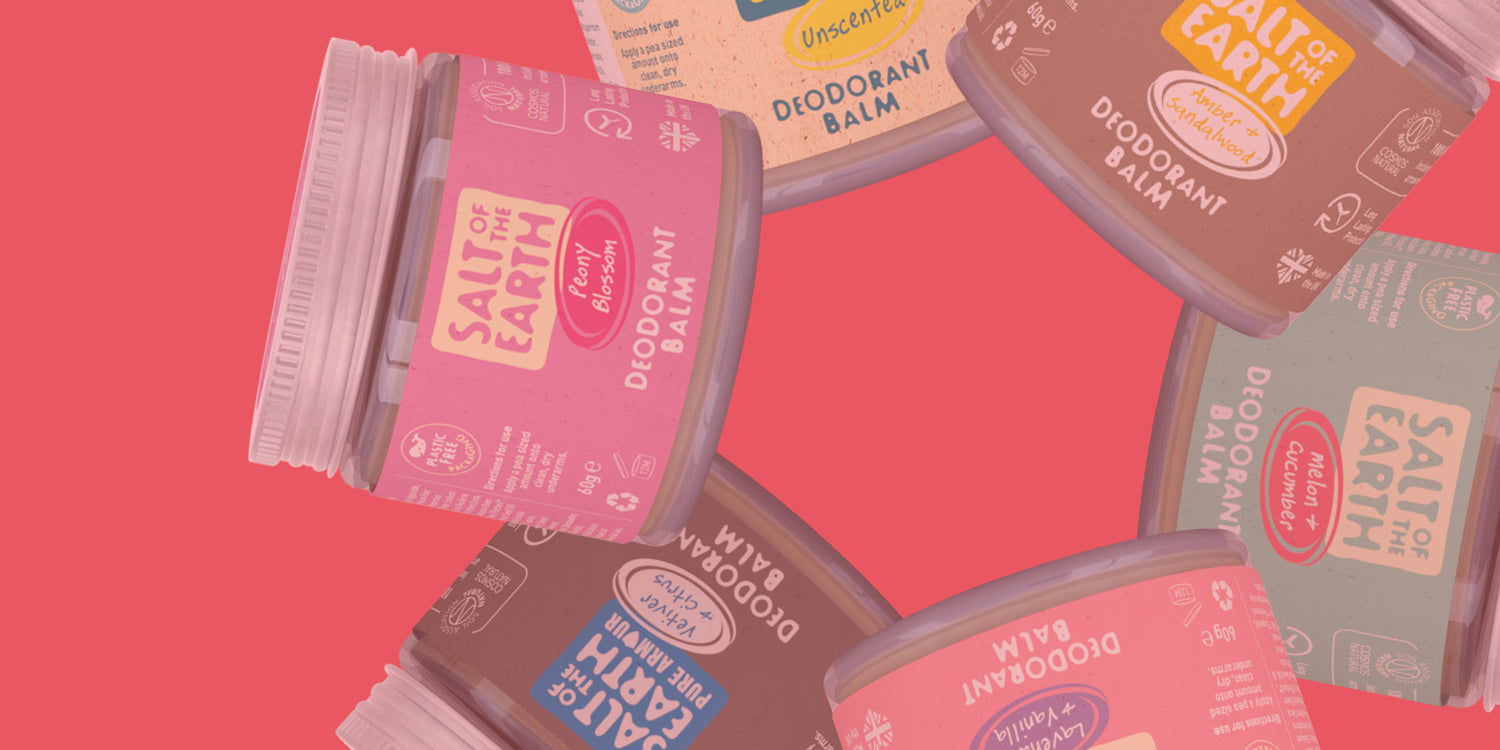

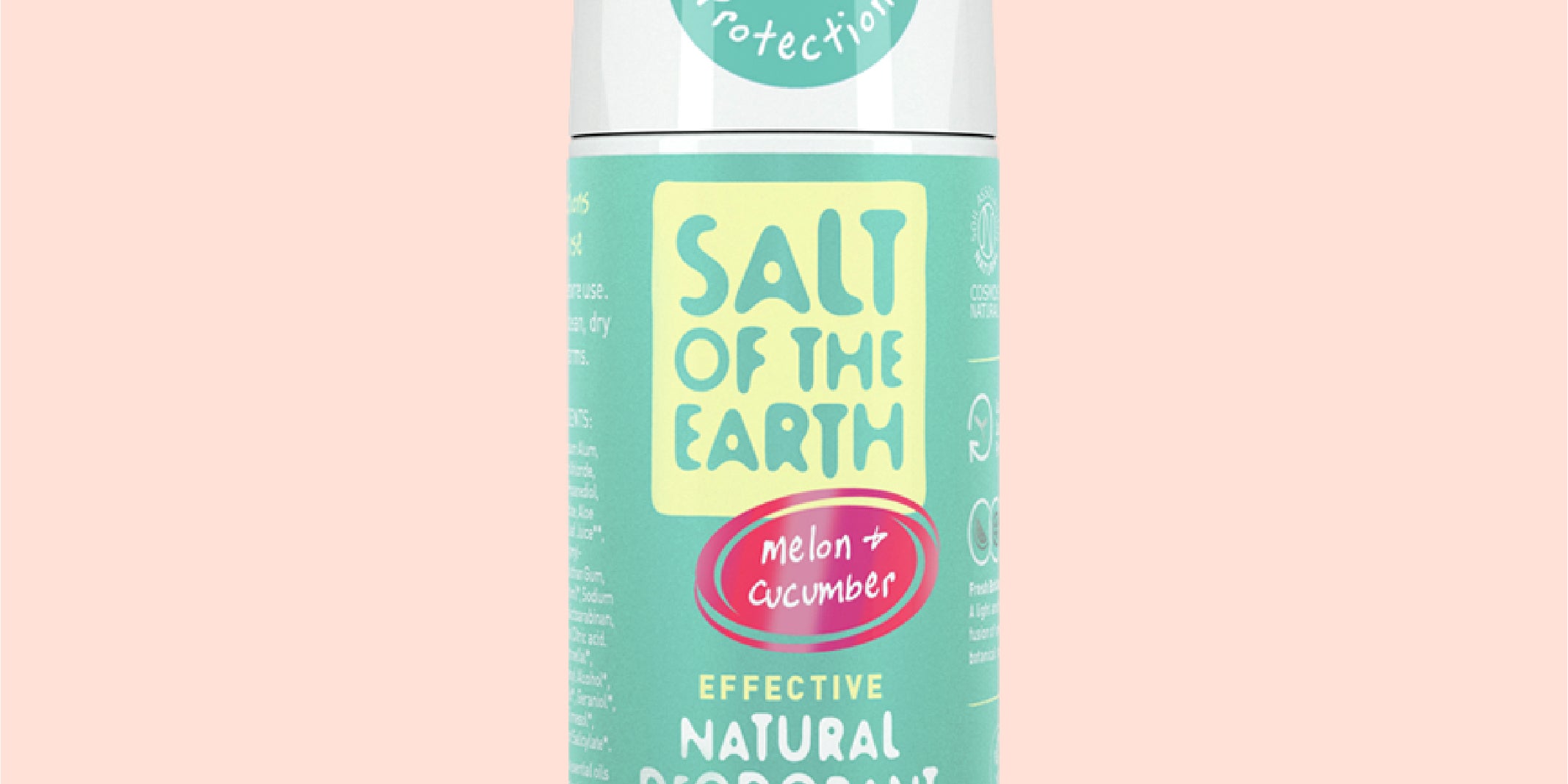


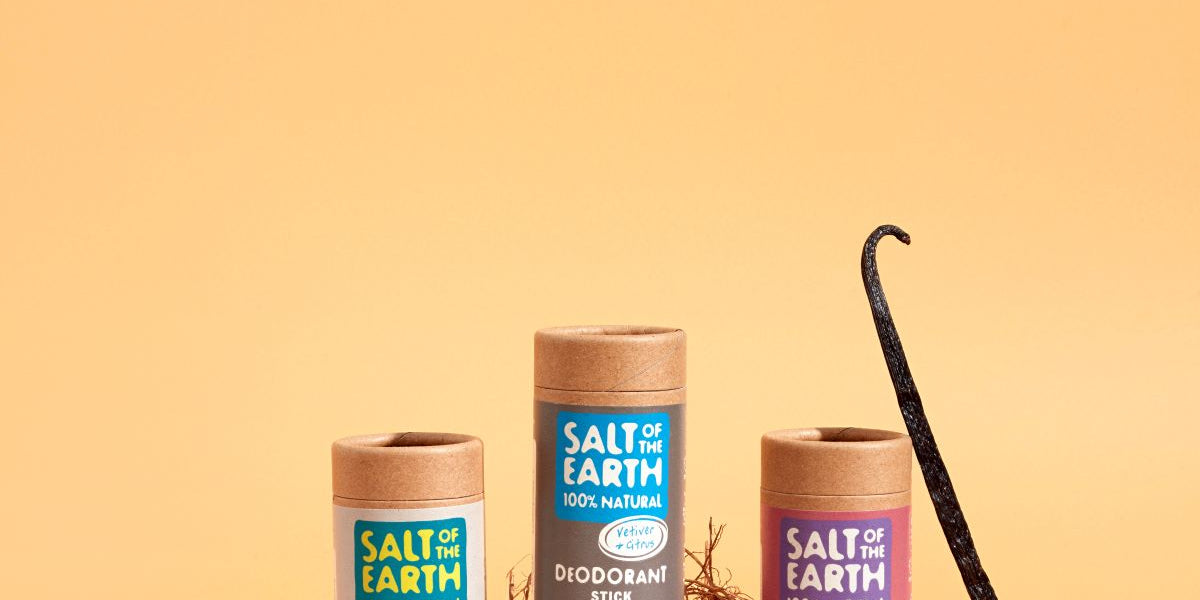
















I am glad you published these helpful tips, different socks for sure Because synthetic material is un-cool